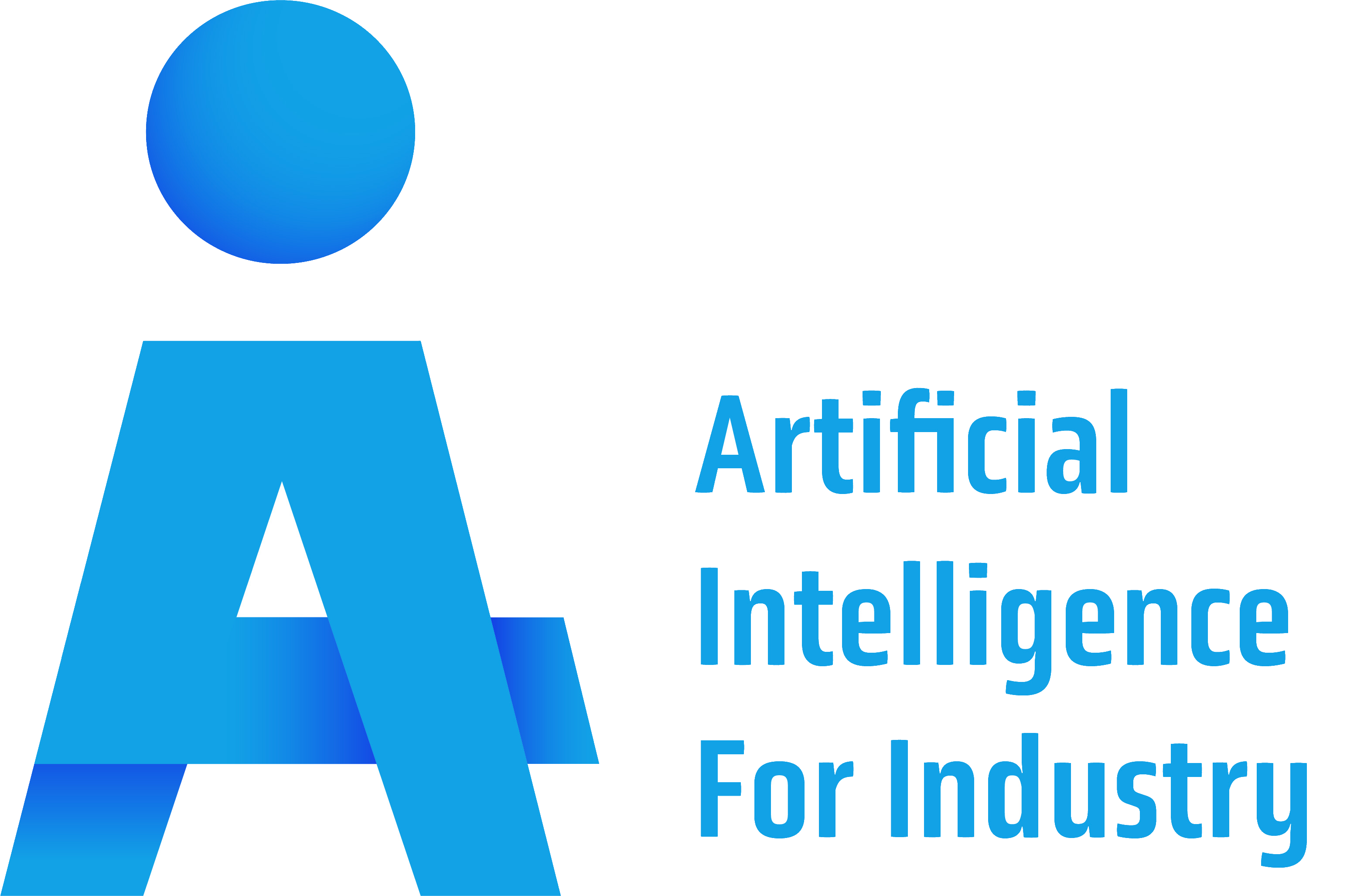With the development of technologies that allow the automatic collection, storage and analysis of masses of data of various types and formats in near real time, we have entered the era of generalized artificial intelligence. Considerable progress has been made in recent years in many areas, such as computer vision, voice recognition and automatic information retrieval. Combined with digital transformation, these algorithms are profoundly transforming the industry today. They are already at work in many “intelligent systems”, for applications as varied as biometrics, partial delegation vehicles, recommendation engines and virtual assistants. Artificial intelligence can be used, among other things, to design predictive maintenance systems for complex infrastructures, such as energy transport networks or aircraft, detecting “weak signals” early enough that indicate malfunctions, thus allowing the replacement of components before they are likely to malfunction and ensuring greater durability of the service provided or even the safety of transport vehicles that are both fully autonomous. The opportunities are undeniable and we can predict that this body of knowledge and techniques at the interface of mathematics and computer science, which has been constantly progressing for several decades, will still be at the origin of many innovations with a strong societal, economic or scientific impact in the near future, provided that it confronts the challenges of modern society.
The scientific challenges remain numerous, relating to the complexity of the information likely to feed AI on the one hand (scientific axis 1), to the difficulty of the tasks that we wish to delegate (at least in part) to intelligent and autonomous systems in the future (scientific axis 2). And in many cases, the level of delegation that will be granted to these systems will depend largely on the answers that methodological research will provide to the issues of ethics, reliability and energy frugality, in order to make Artificial Intelligence acceptable, capable of producing decisions that can be interpreted by the end user, the human (scientific axis 3).
The AI4I chair aims to conduct cutting-edge research in AI for an industry transformed by digital technology. Although closely intertwined for the development of industrial applications, three scientific themes will be able to structure this activity.

